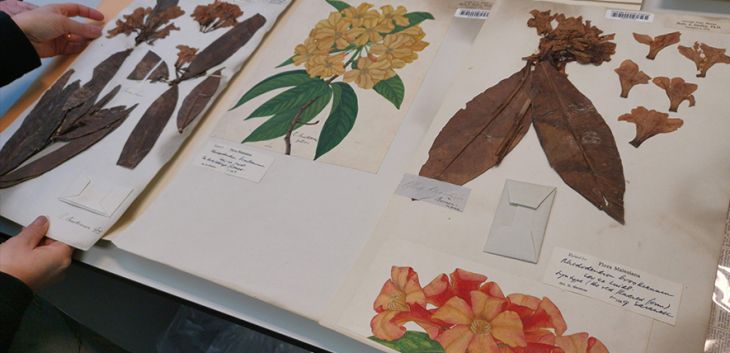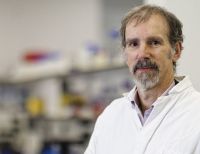The University cares for the country’s highest concentration of internationally important collections outside London, with more than five million works of art, artefacts and specimens. Together, these collections play a fundamental role in delivering the University mission to contribute to society through the pursuit of education, learning and research at the highest international levels of excellence and encompasses collaboration with and support of world-renowned researchers, game-changing research-led exhibitions and wide-ranging inclusion and learning programmes, promoting wellbeing, creativity and connectivity.
“I’m delighted that Research England has made such a strong statement of support for collections-based research at Cambridge, particularly in a challenging funding landscape,” said Kamal Munir, Pro-Vice-Chancellor for University Community and Engagement.
“The University continues to invest in enhanced research infrastructure and services to generate and enable research that spans the arts and the sciences, including via a Strategic Research Initiative, Collections-Connections-Communities that provides a convening space for research that benefits our communities. HEMG funding is critical in ensuring our collections support researchers and students across the UK and worldwide, through infrastructure, services, staffing and equitable collaboration.”
This year, the University Herbarium joins the portfolio for the first time and the Sedgwick Museum of Earth Sciences rejoins the portfolio.
Sam Brockington, academic lead for the Herbarium, which was recently awarded Designated status, said: “It’s fantastic to see the University Herbarium receive investment in this way. The Herbarium is the fourth-largest of its kind in the country, and a rich resource that supports a huge range of scientific and humanities research. Research supported by the Herbarium ranges from the discovery of species new to science, to the genomics of crop improvement, and investigations into the history and development of scientific ideas and natural history. This investment will enable us to substantially develop our support for the wider academic community.”
Dr Liz Hide, Director of the Sedgwick Museum of Earth Sciences, which has been awarded £210,000 a year, said: “I’m delighted that Research England has recognised the strength of the Sedgwick’s collections and their importance to the UK and international research landscape. Over the next five years, this new investment will be transformative for the Sedgwick Museum, ensuring researchers can fully utilise our new Collections Research Centre, and enabling our outstanding collections to inspire many new avenues of research across both the sciences and the humanities.”
Dr Juliette Fritsch, the University’s first Director for Collections’ Strategy, said: "I’m thrilled to work across the incredible resources contained within the University’s museums, libraries, and botanic garden collections to create strategies together, building on major initiatives, such as the cross-collections Power and Memory programme. These integrated approaches enhance our collective impact and are only possible through the input of our funders, including Research England and Arts Council England.”
The full list of University of Cambridge museums and collections awarded HEMG funding are:
1. Cambridge University Botanic Garden
2. Fitzwilliam Museum
3. Kettle’s Yard
4. Museum of Archaeology & Anthropology (MAA)
5. University Museum of Zoology
6. Polar Museum
7. Whipple Museum of the History of Science
8. Sedgwick Museum of Earth Sciences
9. Cambridge University Herbarium














